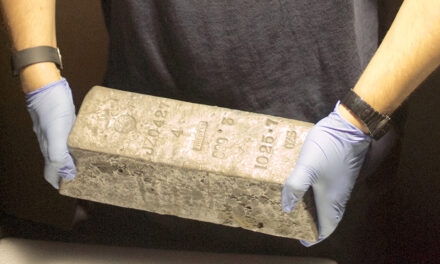I’ve wondered about this for ages.
The iconic figure, known for gift-giving generosity, goes by many names. In Europe, they normally call him “Saint Nicholas” or “Father Christmas”.
But, to me, the really confusing part is how (in Spanish and Italian) the title “Santa” means a female saint. Like “Santa María”. Why does this male figure have a female title? Or maybe “Santa” is just his ordinary given name. Could it be coincidence that it sounds like a word for “Saint”? Let’s table that question for a moment and consider the surname.
What kind of name is “Claus”? Was it always pronounced like a cat’s “claws” or a grammatical “clause”? Or is it “Klaus”, a common German name that rhymes with “mouse”? But this is not a German construction, since linguistically that would be “Sankt Klaus”. Except in Germany actually they say “Weihnachtsmann”. We’re still striking out.
Ready for the answer? You’re going to love this.
Remember the old name for New York? The name before it became overrun by British colonists who named it after York in England? It was once “New Amsterdam”, back when it was overrun by Dutch colonists who named it for the capital of The Netherlands.
In Dutch, the name for “Saint Nicholas” is “Sint Nikolaas”, which they sometimes shorten to “Sinter Klaas”.
English-speaking people (who previously called him “Father Christmas”) overheard the Dutch name “Sinter Klaas“ and invented the English spelling “Santa Claus”. So yes “Santa” is “Saint”, but it arrives by way of Dutch and not Spanish or Italian, so it’s not female. The name “Santa Claus” is a transliteration of “Saint Nicholas”, from Dutch to English. Mystery solved.
By any name, we will always love this global personification of generosity to children.






